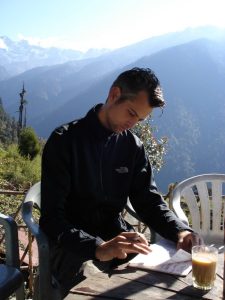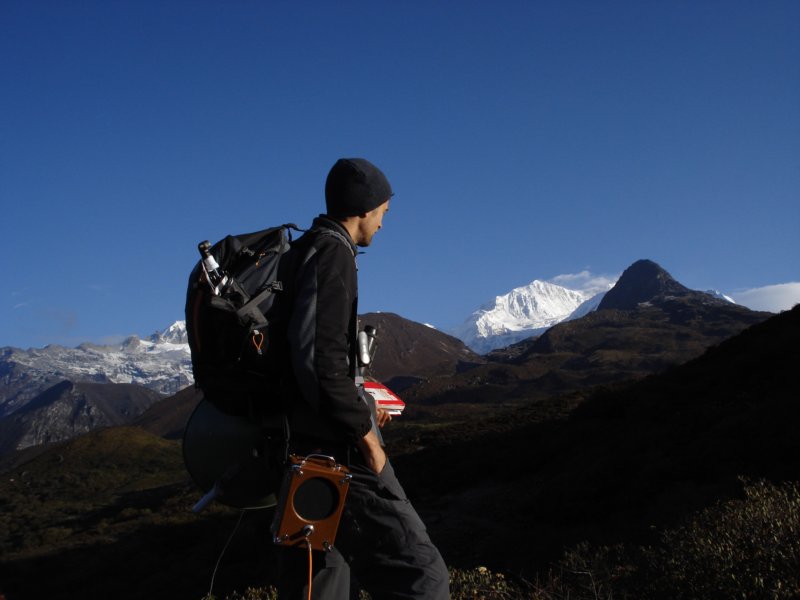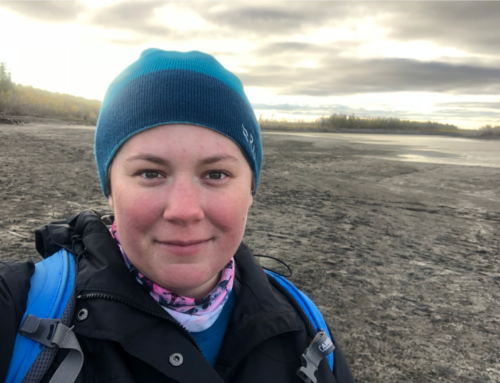Congratulations to Dr Jason Weir – recipient of the International Biogeography Society’s 2021 MacArthur & Wilson Award!


Dr. Jason Weir is a professor at the University of Toronto, and Research Associate for the Royal Ontario Museum who uses genomic and comparative methods to investigate the pace of evolution in the tropics versus high latitudes. His work on the global distribution, abundance, history, and ecology of birds is compelling and widely cited, addressing outstanding and persistent questions in biogeography such as:
- How do patterns of speciation and extinction influence the latitudinal gradient in species diversity?
- How do environmental differences between the western and eastern parts of the Americas influence divergence in species’ traits, and how does this differ between tropical and temperate regions?
- How do mountainous regions stimulate speciation?
- What is the influence of regional effects, notably dispersal, on ecological communities?
- What is the rate of evolution of reproductive isolation and how does that vary latitudinally?
Dr. Weir’s comparative studies of the ages of avian sister species and rates of evolution in song, behavior, and geographic distribution are changing views of the relationship between diversity and diversification across the Earth’s major biodiversity gradients. His research has provided the main results leading to the emerging appreciation that the temperate zone, rather than the tropics, is the cradle of recent speciation. Shown for birds and mammals, the result has now been verified independently in other groups such as marine fishes. These findings were surprising and unexpected as faster speciation in the tropics has been one of the more prominent hypotheses to explain why the tropics house more species than the temperate zone. Instead, extinction rates appear to be lower in the tropics, as quantified in several of Dr. Weir’s papers (e.g. Weir & Schluter 2007; Pulido-Santa Cruz & Weir 2016).
Much of Dr. Weir’s work over the last 10 years has asked why speciation rates should be lower in the tropics than at higher latitudes. High species diversity in the tropics might be causing rates of evolution to slow down there compared to the temperate zone, but Dr. Weir has also investigated the importance of aseasonal environments, and smaller environmental differences across regions, as intrinsic properties of the tropics that might slow speciation. Currently, Dr. Weir is addressing the evolution of premating reproductive isolation during speciation, showing that song and song recognition have both diverged at a slower rate between sister taxa in the tropics than in the temperate zone, a result that is consistent with a slower current speciation rate in the tropics. He has also come up with an innovative way to address the evolution of postmating isolation, by assessing the extent of back-crossing in hybrid zones. This is a massive task, using genome-by-sequencing methods on large samples of individuals collected along transects in both Canada and Brazil. This ongoing work aims to estimate the timescales over which postmating isolation accumulates and whether it accumulates quickly enough to contribute to the speciation process. Dr. Weir has discovered hybrids between very distant taxa that apparently still continue to randomly mate along narrow contact zones exhibiting clear signs of selection against hybrids, and elegantly demonstrating the importance of postmating reproductive isolation in tropical speciation. The research turned up a sensational finding of a new hybrid species of bird in Amazonia, a first for birds on the South American continent, which was published in PNAS.
The models he developed for his research appear to be the only ones so far that can ask if one trait (in this case, latitude) affects the rate of divergence of another (e.g., song, habitat). They are in a contributed, easy-to-use R package, and can be used for any pair of traits. In the true sense of collaboration, Dr. Weir makes his data readily available to colleagues, and is well on his way to inspiring the next generation of biogeographers. We’re excited to present the MacArthur & Wilson Award to him at the upcoming 10th Biennial Conference of the International Biogeography Society. Join us in hearing his plenary talk in Vancouver, Canada this coming January 8-12, 2021!







